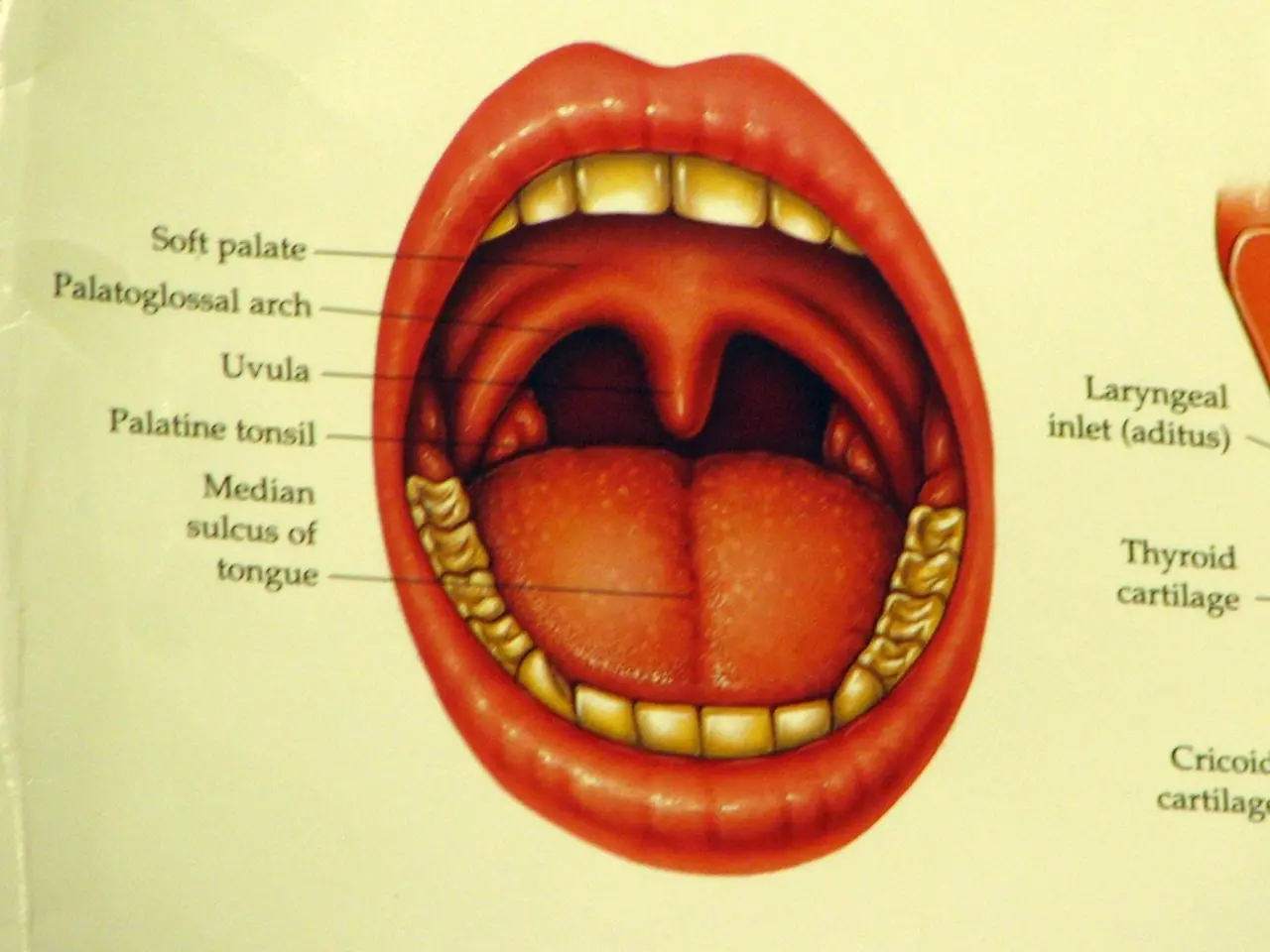New Study Links Rapid Human Brain Evolution to Autism
A new study, published in Molecular Biology and Evolution, delves into the evolution of the human brain and its connection to autism spectrum disorders. The research, conducted by an unnamed author, explores the rapid evolution of specific neuronal cell types and its potential link to autism.
The study focuses on Layer 2/3 intratelencephalic excitatory neurons, crucial for higher-order cortical processing. These cells have evolved unexpectedly quickly in humans compared to other apes. The research reveals a disproportionate down-regulation of genes associated with autism in these neurons. This finding aligns with previous studies showing that autism susceptibility genes are often found in human-accelerated regions (HARs) of the genome.
Using single-cell RNA-sequencing, the scientists found that while the human brain has no unique cell types, the more abundant a cell type was, the more similar its gene expression was across six mammalian species. Conversely, rarer cell types showed significant differences in gene expression between species. The authors argue that the unique connectivity of brain cells and gene expression levels may underlie the vast differences between human and other minds.
The study concludes that the rapid evolution of human cognitive traits, including the speed at which the human brain evolved, may help explain the occurrence of autism in our species. Certain autism-associated genes are downregulated in humans, suggesting that autism could be a byproduct of this rapid evolution. However, the study does not suggest that autism is a negative outcome, but rather a consequence of the complex evolution of human cognition.
Read also:
- Trump's SNAP reductions and New York City Council's grocery delivery legislation: Problems for city residents highlighted
- Reducing dental expenses for elderlies in Sweden: Over 50% cut in charges for pensioners by the government
- Forty-year-old diet: A list of meal choices to savor
- Exiled Life's Conundrum: A Blend of Liberation, Disillusionment, and Distress





